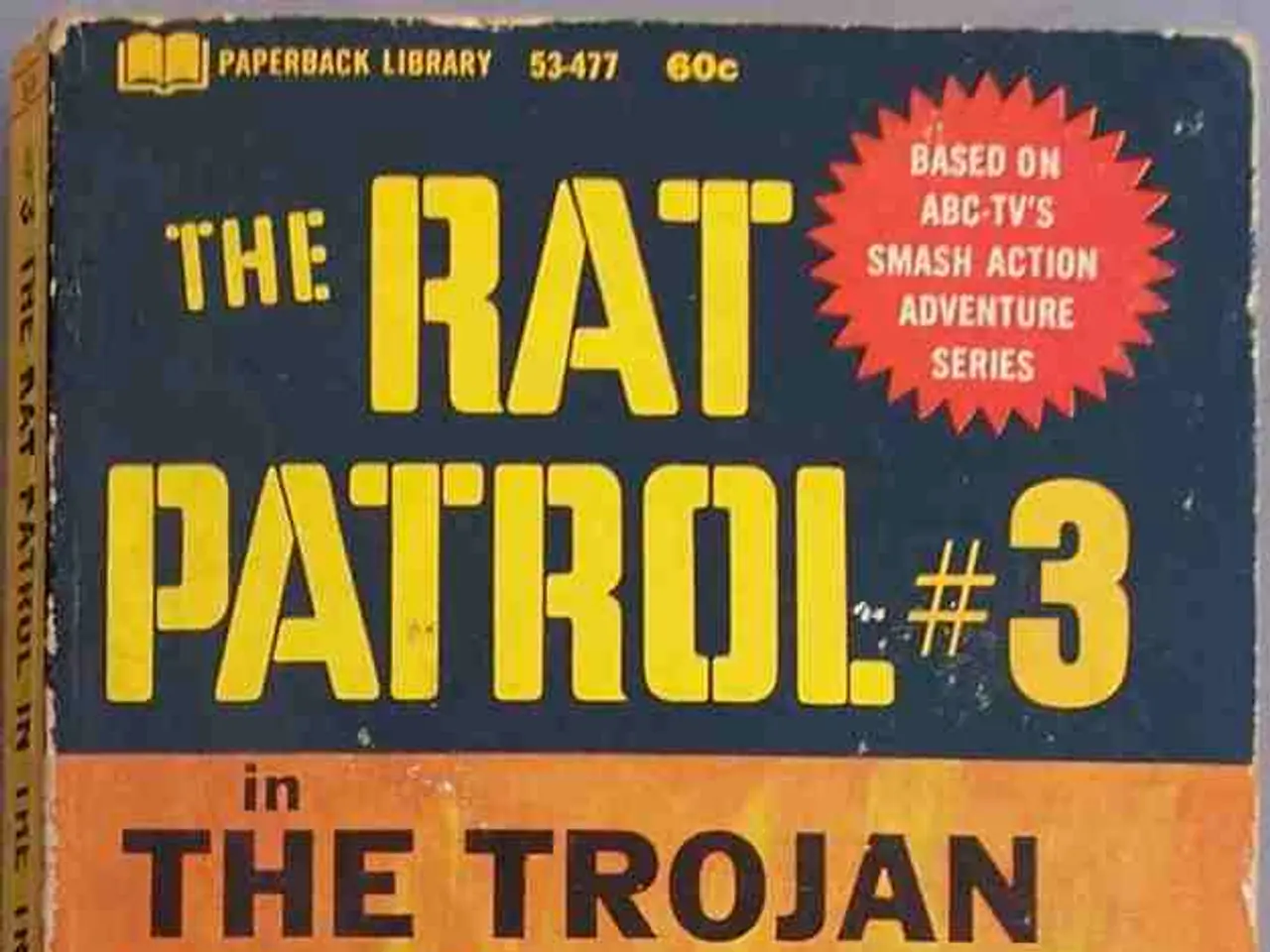Effects of War on Literature in the 20th Century
The 20th century, marked by significant worldwide strife, including the First and Second World Wars, the Cold War, regional conflicts, and the emergence of contemporary terrorism, left an indelible mark on literature. This era saw the development of modernist literature, a response to the defining moment of the First World War, and the emergence of postmodern literature, which reflected the complexities of the late 20th century.
The First World War had a profound impact on literature, influencing the subjects, tone, structure, and narrative style of numerous important works. Ernest Hemingway's A Farewell to Arms is a classic work about World War I, reflecting the disillusionment of its protagonist and the futility of war. Wilfred Owen and Siegfried Sassoon, prominent poets of the time, critiqued the glorification of war and offered raw and powerful representations of its impact.
The Second World War had a more far-reaching impact on literature, with authors grappling with themes of survival, resistance, and the morality of war. Arthur Miller's The Crucible (1953) serves as a powerful allegory for the anti-communist hysteria of the time, using the historical events of the Salem witch trials to critique the dangerous effects of mass hysteria and political repression.
The Cold War shaped literature, with authors often reflecting the paranoia and ideological battles of the era. John le Carré's novels, such as The Spy Who Came in from the Cold (1963), depicted the dehumanizing effects of Cold War politics, illustrating how both sides of the ideological divide were capable of betrayal, manipulation, and moral compromise. Friedrich Dürrenmatt, a significant 20th-century author, critically engaged with Cold War literature by questioning and reinterpreting the world on the brink of implosion during that era.
The literature of the late 20th century became increasingly fragmented and self-aware, reflecting the complexity and fragmentation of the modern world. Postmodern writers like Thomas Pynchon and Don DeLillo explored the role of media, technology, and the spectacle in shaping public perception of war and conflict. Thomas Pynchon's "Gravity's Rainbow" (1973) is a postmodern work that examines the development of the V-2 rocket during World War II, exploring themes of control, surveillance, and the intersection of technology and war. Don DeLillo's "White Noise" (1985) critiques the saturation of media images of violence and war, suggesting that in a postmodern world, the distinction between reality and spectacle becomes increasingly difficult to maintain.
The Holocaust literature of the 20th century focused on the trauma of the Holocaust, both for survivors and for those who bore witness to its horrors. This literature served as a powerful tool for reflecting on the moral, political, and social implications of war.
War had a brutal critique in works like Joseph Heller's Catch-22, a satirical work that offers a brutal critique of the bureaucratic nature of war and the ways in which soldiers are dehumanized by military institutions.
The literature of the 20th century has offered insight into the human condition, revealing the psychological and emotional consequences of conflict. It serves as a testament to the resilience of the human spirit in the face of adversity and a reminder of the moral, political, and social issues that arise during times of war.
Read also:
- United States tariffs pose a threat to India, necessitating the recruitment of adept negotiators or strategists, similar to those who had influenced Trump's decisions.
- Weekly happenings in the German Federal Parliament (Bundestag)
- Southwest region's most popular posts, accompanied by an inquiry:
- Discussion between Putin and Trump in Alaska could potentially overshadow Ukraine's concerns





